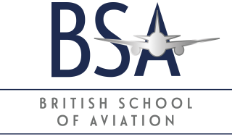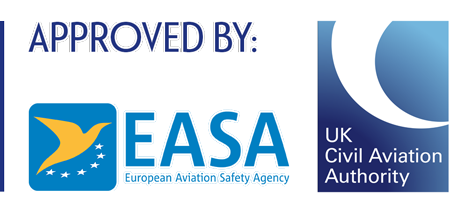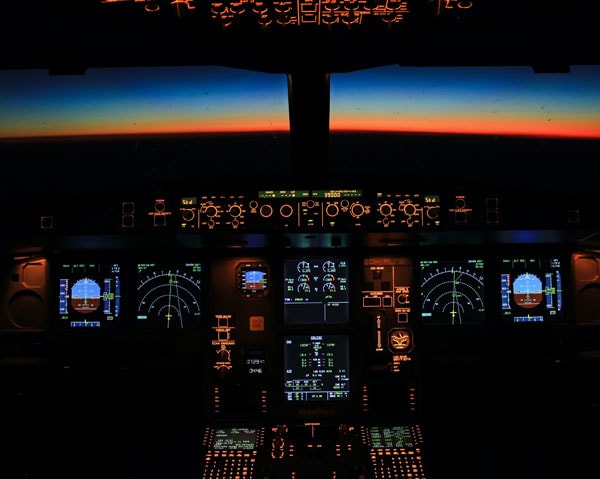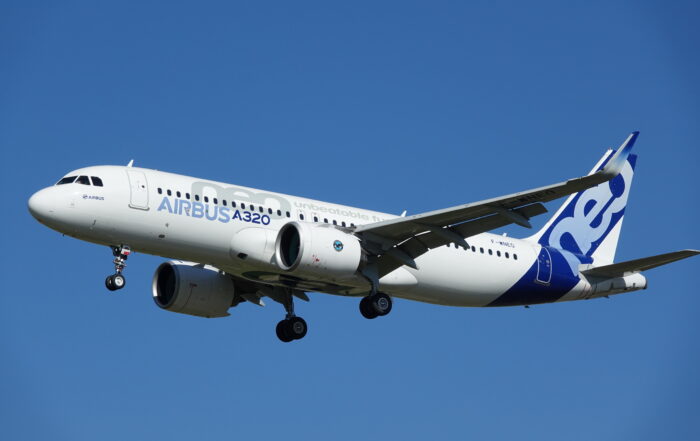How Our Cockpit Simulator Is Helping Solve The Global Pilot Shortage
The COVID-19 pandemic has had a catastrophic impact on the global aerospace industry. Borders were closed, flights were grounded, and airlines faced unprecedented financial challenges. ICAO’s latest air traffic report details that in comparison to 2019, the global aerospace industry saw a decline of 60% in domestic and international passengers in 2020. The industry counted a reduction of 2,699 million passengers overall. Thus far into 2021, the aerospace industry has regained 10% of its losses from the previous year. Boeing forecasts that long-haul travel figures will return to pre-pandemic levels by 2024, and data from Statista conveys that whilst air travel measured in the number of passengers in their millions plummeted from 4,723 to 1,807 in 2020, this figure has now risen to 2,277. Boeing concludes that “long-term demand for personnel remains strong, as 612,000 new pilots are needed to fly the global commercial fleet over the next 20 years”.
The pandemic de-stabilised the aviation industry, and as a result, numerous commercial airline pilots decided to retire or opted for career change during airspace’s hibernation. Consequently, as flight schedules resume, airlines have been left with a shortage in the number of pilots needed to maintain their fleets. Remaining pilots are either aging or need re-training to strengthen their flight knowledge after a hiatus from navigating a cockpit. Overall, demands for air travel are rising as restrictions on overseas travel ease and low-cost carriers, like WizzAir, continue to expand. However, the current supply is failing to meet growing demands. These demands will continue to rise as we turn towards electric aircraft, especially after the 2021 fuel shortage. In conclusion, upcoming eVTOL endeavours will require professional aviators.
British School of Aviation is an aviation training academy based in the Airport Executive Park at London Luton Airport and offers a range of aviation training courses. To better equip the pilots-in-training that study at the facility, British School of Aviation houses a Faros AIRBUS A320 Touch-Screen Procedural Trainer, or what is commonly referred to as a flat-panel simulator.
Flight simulators are game-changers in the aviation training industry. They allow for pilots-in-training to immerse themselves in the experience of flying a wide-body aircraft and enduring flight in all weather conditions, whilst trialing all human performance scenarios and potentialities. British School of Aviation’s simulator enables pilots-in-training to access life-like practical training on a cockpit from the comfort of their classroom. The simulator gets pilots-in-training acquainted with an AIRBUS A320 cockpit and offers them experience in how to handle different scenarios during flight. Students can apply the knowledge that they gain during their ATPL classes of meteorology, flight navigation, and flight management systems to their “flying” of the simulator; in order to become confident and assured pilots.
The training instructor has full control over the simulation and can throw hazard scenarios at their students. The students have to respond to these and practice flight management, problem-solving, and human performance within the core competencies of flight. Much like a real cockpit, the flat-panel simulator can indicate altitude and speed to those operating it. The principal benefit of housing and utilising a simulator exists in the fact that the simulator can generate any geographical or meteorological situation for the pilots-in-training. This helps the pilot-in-training practice handling hazardous scenarios, and train to become the best pilot that they can be because they’ll have had experience managing a flight and caring for the safety of their passengers in difficult situations. Overall, our flat-panel simulator can help produce experienced pilots and allows pilots-in-training a safe and controlled environment for them to explore different flight situations, practice their 8 core competencies, and problem-solve under the guidance of instructors.
Our flat-panel simulator employs original aircraft instruments to present an authentic cockpit look and feel. In most AIRBUS simulators, these instruments typically make use of an ARINC 429 Data Bus communication system. Within this system, a small circuit board is often used to convert the data of the instruments to a signal that can be transferred through a normal ethernet cable. This is reminiscent of the Electronic Flight Control Unit (EFCU) comprised of Ailerons and Spoilers within the primary flight controls present in a fly-by-wire aircraft like the AIRBUS A320 which does not rely on physical or mechanical linkages to the flight control surfaces.
Recently, our flat-panel simulator has been used to help re-train experienced pilots who have been employed by WizzAir during their post-pandemic recruitment drive.
_
Melissa Fleur Afshar
Content and Media Manager at British School of Aviation








